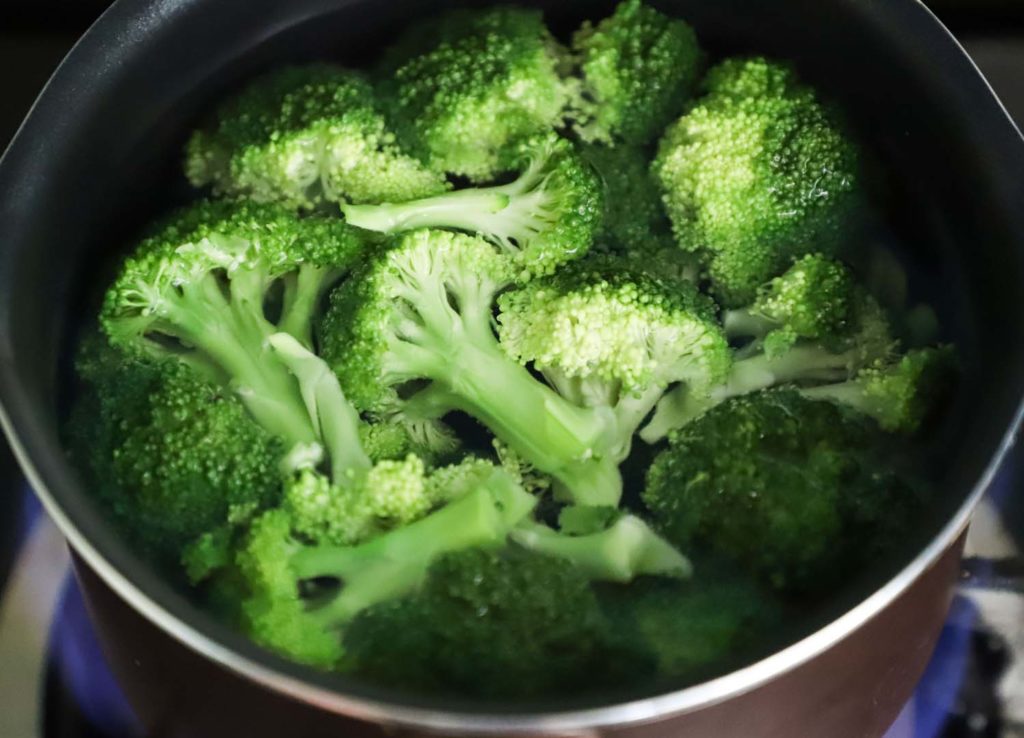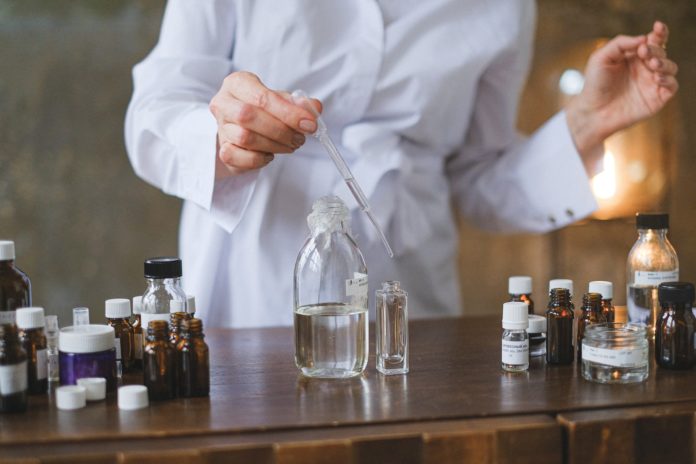Everything you put in your mouth has the potential to interact with something else. The medication that’s taken by mouth travels through the digestive system in much the same way as any food, pills, vitamins and herbs taken orally do.

Alcohol: A drug that interacts with almost every medication
When a drug is mixed with food or another herb, each can alter the way the body metabolizes the other. Some drugs interfere with the body’s ability to absorb nutrients. Similarly, some herbs and foods can lessen or increase the impact of a drug.
- Alcohol: is a drug that interacts with almost every medication, especially antidepressants and other drugs that affect the brain and nervous system.
- Some dietary components increase the risk of side effects.
- Theophylline: a medication administered to treat asthma, contains xanthine, which are also found in tea, coffee, chocolate, and other sources of caffeine. Consuming large amounts of these substances while taking theophylline increases the risk of drug toxicity.
- Certain vitamins and minerals impact on medications too.
- Large amounts of broccoli, spinach, and other green leafy vegetables high in vitamin K, which promotes the formation of blood clots, can counteract the effects of heparin, warfarin, and other drugs given to prevent clotting.
- Dietary fiber: also affects drug absorption. Pectin and other soluble fibers slow down the absorption of acetaminophen, a popular painkiller. Bran and other insoluble fibers have a similar effect on digoxin, a major heart medication.

As more and more people discover new herbs, there’s more potential for the abuse of these herbs and the patients may end up in serious trouble.
Make sure to consult with your family physician on the uses of certain herbs, vitamins and alcohol and the dangers of interactions with your prescribed medicines.
Hawthorn taken with Lanoxin (digoxin), the medication prescribed for most for heart ailments, can bringing on possible heart failure.
©Copyright – Hector Sectzer

















